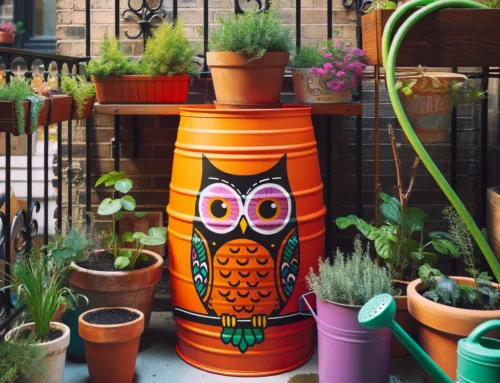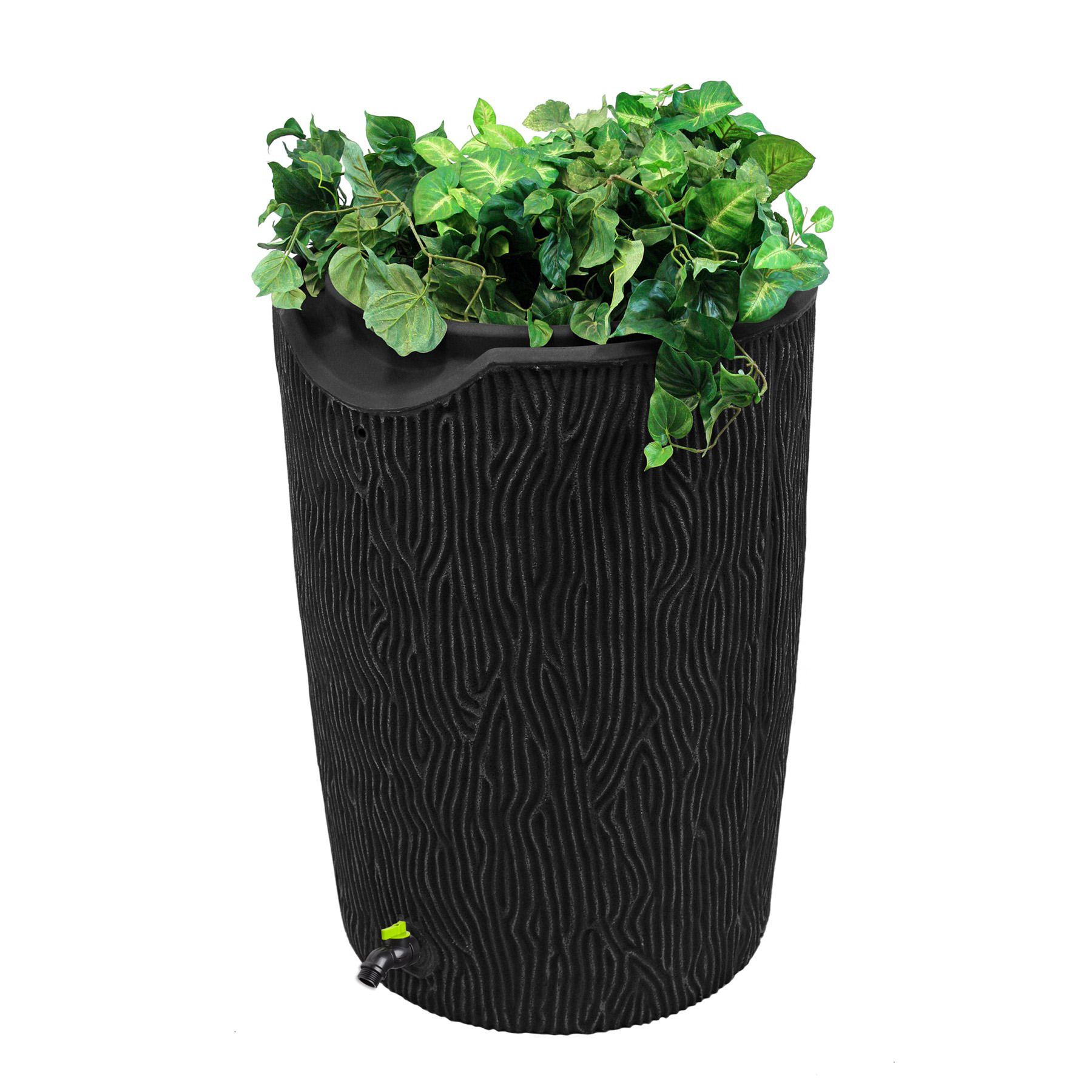Welcome to our informative guide on rain reclamation and collection in the great state of Kansas. In the heartland of America, the importance of sustainable water management cannot be overstated, and rainwater harvesting offers a viable solution. In this article, we’ll explore the pros and cons of rainwater collection, its legality in Kansas, and how it can contribute to water conservation efforts in the Sunflower State.
Pros of Rainwater Collection in Kansas
- Water Conservation: Kansas is no stranger to water scarcity issues, making rainwater harvesting an essential tool in conserving this precious resource. By collecting and using rainwater for irrigation, landscaping, and other non-potable uses, you can reduce your reliance on traditional water sources.
- Cost Savings: Rainwater is free, making it a cost-effective alternative to municipal water. You can significantly cut down your utility bills by using rainwater for tasks like watering your garden or flushing toilets.
- Environmentally Friendly: Rainwater harvesting reduces the demand on water treatment plants and decreases the energy required to transport water over long distances. This translates to a reduced carbon footprint and a positive impact on the environment.
- Mitigating Stormwater Issues: Kansas experiences heavy rainfall events, which often lead to flooding and erosion. Rainwater collection helps alleviate these issues by reducing stormwater runoff and diverting it for productive uses.
- Independence and Reliability: By collecting rainwater, you can gain more control over your water supply, making you less susceptible to water restrictions during droughts or water shortages.
Cons of Rainwater Collection in Kansas
- Upfront Costs: Installing a rainwater harvesting system can be expensive. However, these costs can be recouped over time through water savings and potential rebates or incentives.
- Space Requirements: Effective rainwater harvesting systems require space for storage tanks, making them less practical for properties with limited outdoor space.
- Maintenance: Regular maintenance is needed to keep the system functioning optimally. This includes cleaning gutters, filters, and ensuring the integrity of storage tanks.
- Limited Potable Use: While rainwater can be used for various purposes, it’s not typically recommended for drinking without advanced treatment due to potential contaminants from roofs and collection surfaces.
 Is Rainwater Collection Legal in Kansas?
Is Rainwater Collection Legal in Kansas?
Rainwater harvesting is generally legal in Kansas, but specific regulations may vary by locality. It is crucial to check with your local government or water management authority to confirm the rules and regulations in your area. In some cases, there may be restrictions on the size of storage tanks, water usage, or the need for permits.
Kansas has recognized the importance of rainwater harvesting as a sustainable water management practice and has adopted guidelines and regulations to facilitate its use. Be sure to comply with these regulations to ensure you are operating within the law.
In conclusion, rainwater harvesting in Kansas is a sustainable and eco-friendly practice that can help alleviate water scarcity and reduce your water bills. While there are some upfront costs and maintenance involved, the long-term benefits make it a viable option for environmentally conscious residents. Remember to stay informed about local regulations to ensure you are in compliance with the law while contributing to water conservation efforts in the Sunflower State.






